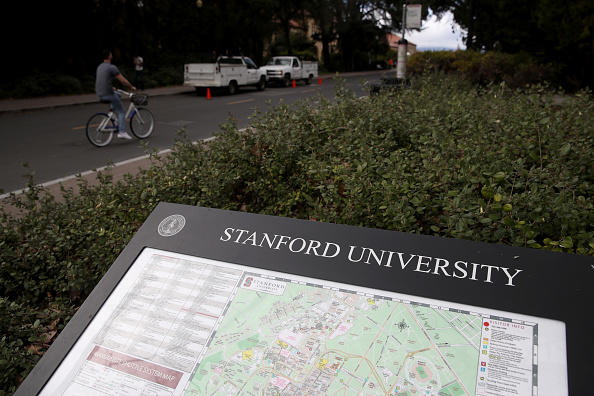Artificial intelligence is everywhere, but that doesn’t mean it’s always being applied appropriately. There have been rising concerns about AI’s performance and its potential for only worsening — or introducing — social issues.
It all comes down to figuring out how to use AI in an ethical manner. Now, it seems some universities are taking on that responsibility themselves.
On Monday, Stanford University announced the launch of a new program dedicated to guiding and developing human-centered artificial tech and applications.
The Stanford Institute for Human-Centered Artificial Intelligence (HAI) will incorporate a focus on multidisciplinary collaboration. This is important because the lack of diversity in AI is glaringly apparent. That includes the lack of racial diversity leading to algorithms that do things like mistake Black people for gorillas.
It also pushes back against the notion that tech should exist separate from everything else. When programs are developed, people outside of the tech world aren’t always brought in to consult.
Tech impacts our social lives and it can impact health, laws, and more. That means the future needs to see people at the table who may not be in the tech field itself, but understand how its application impacts other areas.
“Now is our opportunity to shape that future by putting humanists and social scientists alongside people who are developing artificial intelligence,” Stanford President Marc Tessier-Lavigne said.
Stanford will partner with industry, governments, and non-governmental organizations who “share the goal of a better future for humanity through AI.”
Stanford’s new institute shouldn’t come as a surprise, considering they recently partnered with other top universities to launch the Public Interest Technology Universities Network.
That program aims to develop curriculum, research agendas, and experiential learning programs so students are trained to better understand tech. In addition, the program is devoted to teaching students to understand where tech intersects with other issues, like criminal justice, civil rights, and more.
There’s no guarantee these programs will lead to radical results, but it is still a start. Hopefully, they will prompt important conversations about tech’s role in people’s lives.
Stanford’s HAI will be led by John Etchemendy, a professor of philosophy and former Stanford University provost, and Fei-Fei Li, a professor of computer science and former director of the Stanford AI Lab.

